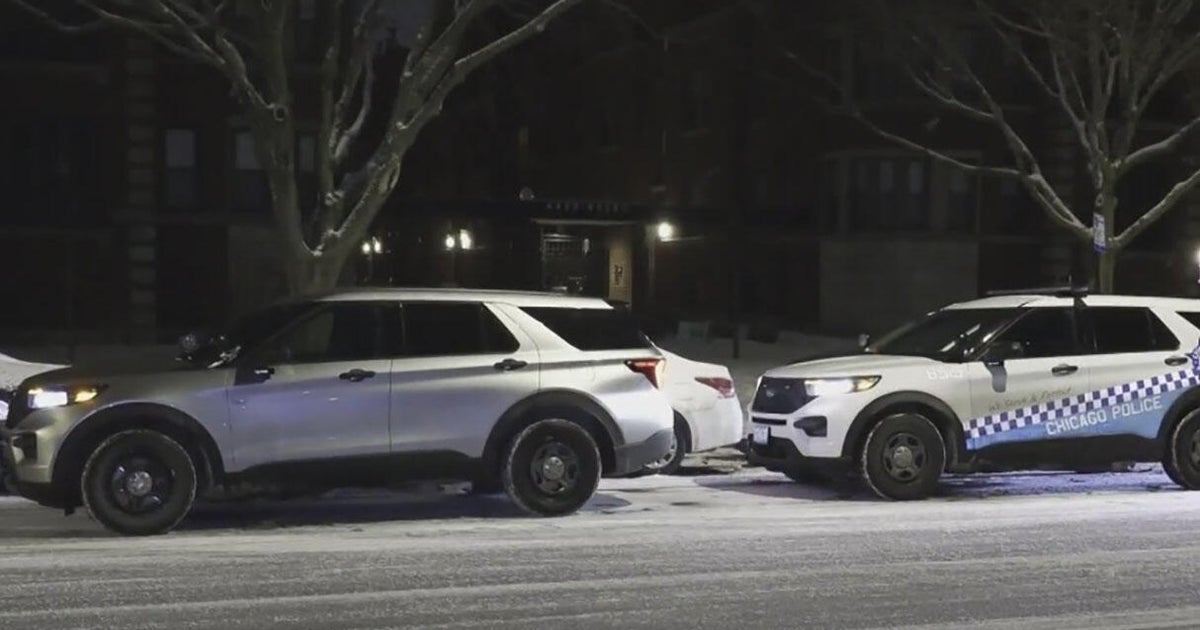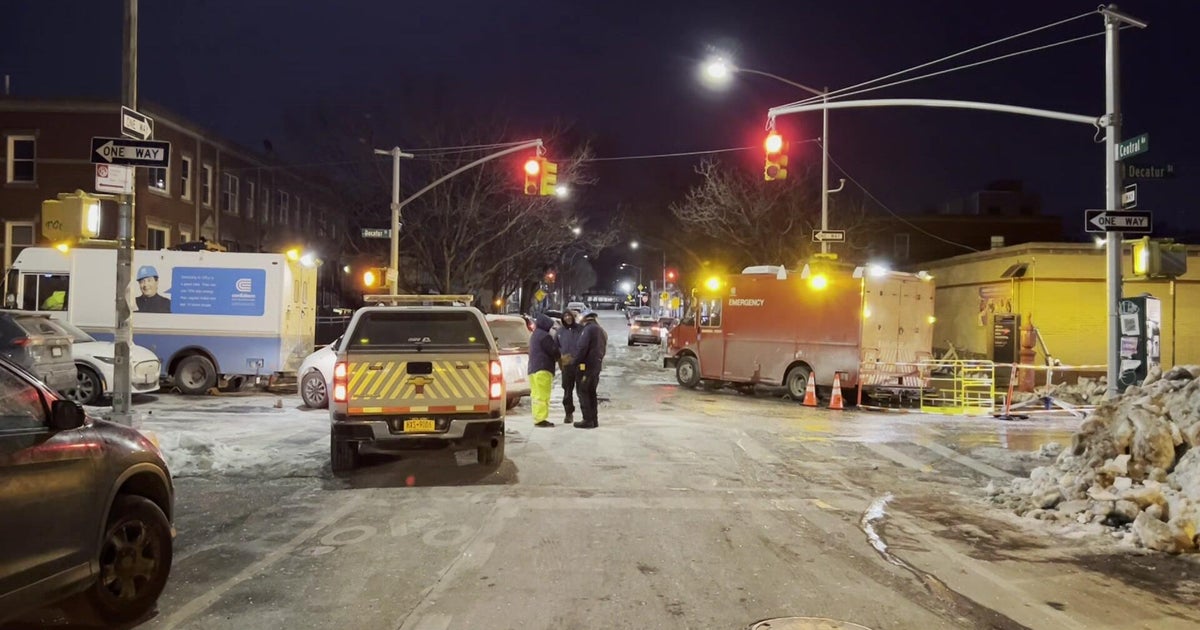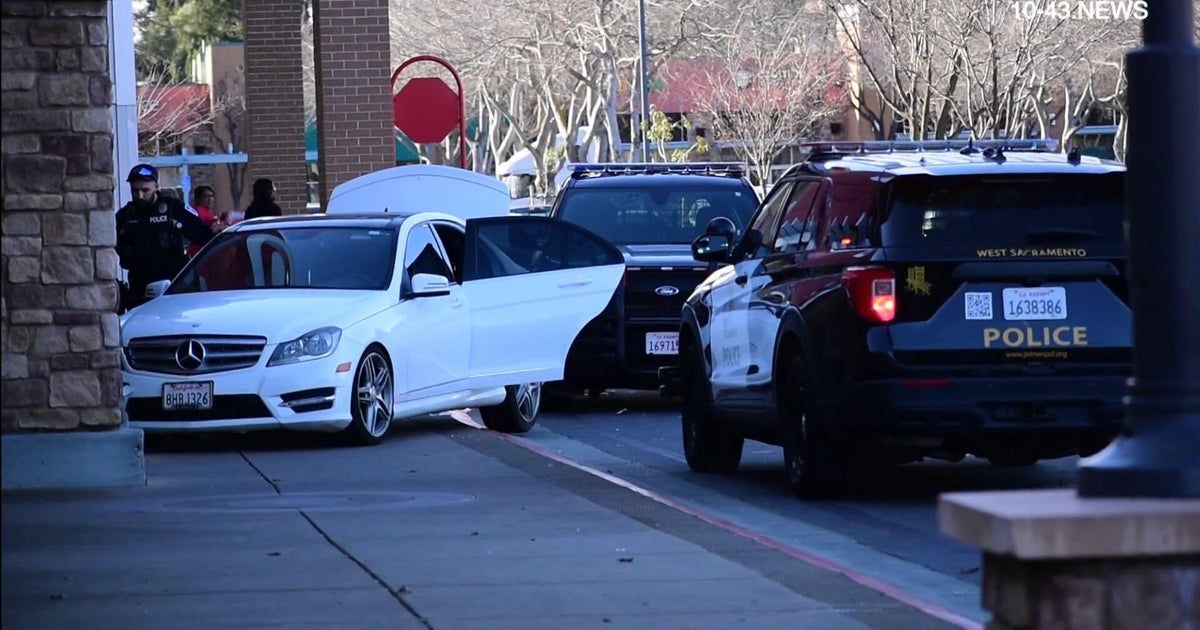Climate change's role in Chicago's record downpours
CHICAGO (CBS) -- Sunday has been the wettest day in Chicago since May 17, 2020, with some locations recording over four inches of rainfall. Today is in the top 100 wettest days in Chicago in recorded history. Records date back to 1871. Officials with the Metropolitan Water Reclamation District of Greater Chicago reversed the flow of the Chicago River into Lake Michigan in order to mitigate the impact.
Even with record rainfall, Chicago is still considered to be in a severe drought. Both intense drought and heavier rainfall are climate extremes, which scientists say are becoming more common as the climate gets warmer from more CO2 in the atmosphere. A report by the Environmental Law and Policy Center has identified 12 hot spots along Lake Michigan already impacted by changing water levels and storms related to climate change.
Sunday's flash flooding caused significant delays in both major events and transportation. After months of preparation and many road closures, the first day of NASCAR's first-ever street race was postponed shortly after starting due to lightning and looming storms. The Xfinity race was postponed and eventually called off. Musical acts including The Chainsmokers and Miranda Lambert were canceled on both days. NASCAR Cup series has been delayed a little over an hour.
According to I-DOT, both the Stevenson and Eisenhower were closed in both directions for several hours due to flooding. Chicago's Blue Line service between UIC-Halsted to Kedzie and Harlem to Forest Park has also been suspended as a result of flooding. The pink line also experienced bad track conditions causing the line to be suspended between Central Park and 54th/Cermak.
Torrential downpours that cause such disruptions are not going away. According to RiskFactor, Chicago has a 26% chance of experiencing a "one-in-a-100-year flood event" in the next 30 years. The city overall has a "moderate" flood risk, meaning that flooding will often continue to impact our transportation, power, and other day-to-day utilities. Critical infrastructure such as hospitals, police stations, and power stations in the city are at major risk in the event of flooding. Cook County has a tunnel and reservoir plan, or TARP, that is designed to help reduce flooding caused by overflowing sewers. However, a 2019 study out of the University of Illinois at Chicago found that aging sewer infrastructure in susceptible areas, such as Cicero and Berwyn, are at a higher risk of intense flooding and costly damage. Flash flooding is caused by heavy downpours falling at a rate faster than which the soil can absorb the water.
Next to heat, flash flooding causes the second most weather-related fatalities and injures, according to the National Weather Service.








